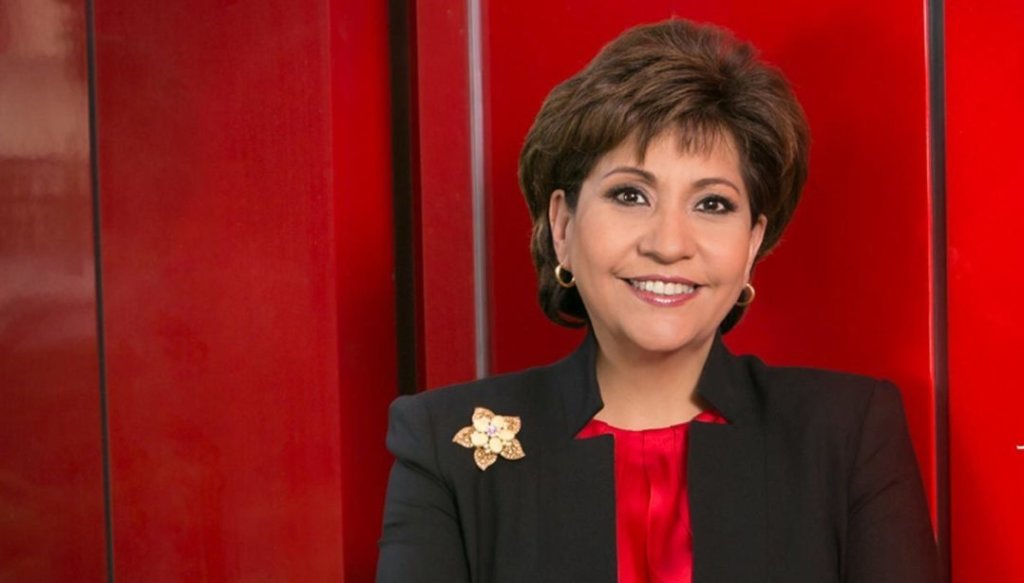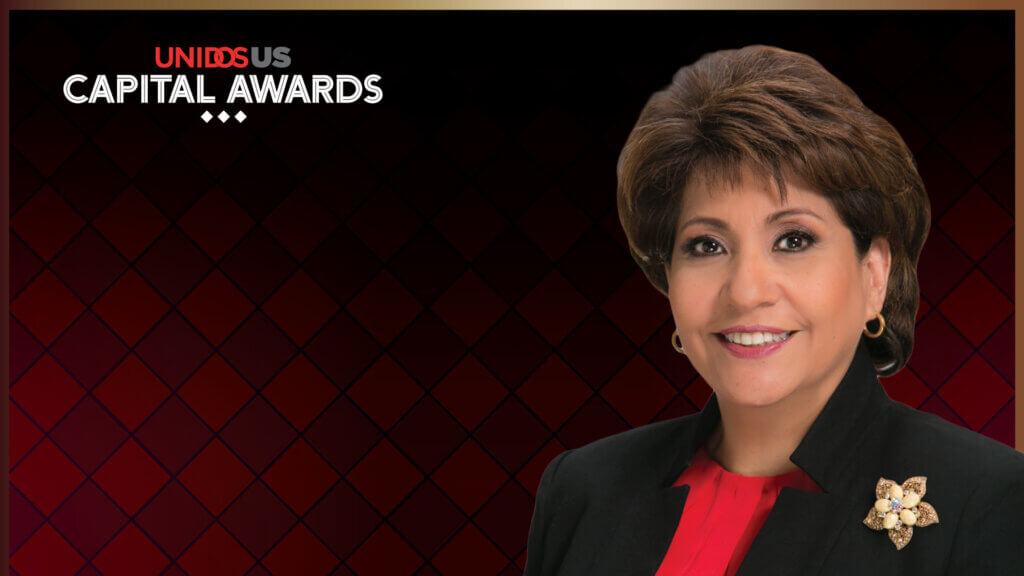The Facebook mess shows that we need to talk about tech’s diversity problem
It is no surprise that Facebook founder and CEO Mark Zuckerberg had a lot to answer for when he appeared before both the House and the Senate this week. The questions from Members of Congress over user privacy, disclosure, potential misuse of consumer data, and Facebook’s role in the 2016 election are all important and deeply concerning to the two-thirds of Americans, including millions of Latinos and Latinas, who go on Facebook every day.
But one issue did not get and has not gotten the attention it deserves: a reckoning of the role Facebook played in contributing to the hostile political climate communities of color are facing in 2018.

Keep up with the latest from UnidosUS
Sign up for the weekly UnidosUS Action Network newsletter delivered every Thursday.
For Hispanics in this country, it is arguably the worst we have seen in decades. This is the first time we can remember that a president of the United States has been so openly and consistently hostile towards, and disparaging of, the Latino community.
We know that Russia used Facebook to try to disrupt and influence the 2016 election. But it is also important to remember and reckon with how they did it: by using myths and stereotypes — of African Americans, Latinos, and Muslims in particular — to stoke fear and division.
In other words, Russia used a truck full of social media gasoline to fan the flames of hate that already existed in our society.
It’s estimated that half of Americans get their news from Facebook. By the company’s own account, up to 126 million Americans viewed fear-mongering and bigoted images of immigrants, Black Lives Matter activists, and purported terrorists on their news feeds.
We still do not know the full extent of the damage to our communities and our country. That is why we support efforts by our sister civil rights organizations urging Facebook to undertake an independent, third-party audit to assess what, how, and why this happened. That should be the first step to ensure that what occurred in the 2016 election never happens again.
But another question has to be asked. How much of what happened could have been averted if Facebook had more representatives of affected communities in the room?
Zuckerberg was right in this week’s hearing when he said that diversity is not just Facebook’s problem, it is Silicon Valley’s problem. And this is not a new issue.
For years, organizations such as ours and others have asked for greater representation in the tech sector. Silicon Valley companies have previously released their diversity numbers and the lack of progress is notable — and frankly embarrassing. Since 2014, when numbers were first released, the percentage of Latinos at Facebook has gone from 4% to a whopping 5%. But the number of Hispanics in technical roles and — most importantly — in senior leadership is currently a dismal 3%.
What that means is that it is highly likely that there was no one in the room who could have noticed a problem with the sudden flood of immigrant-bashing ads and memes, or could have thought it important or necessary to flag it to others at the company.
There are a host of reasons why Silicon Valley’s diversity problem should be taken more seriously and why, for the good of both the tech industry and communities of color, change is needed right now. This week just provided one more.
By Janet Murguía, UnidosUS President and CEO
This post was originally published on Medium.


